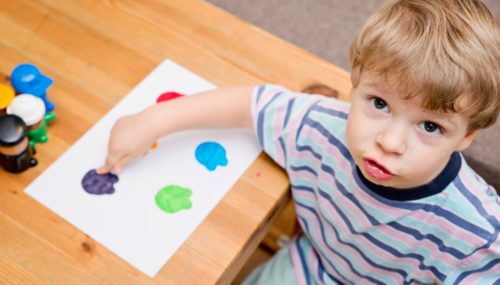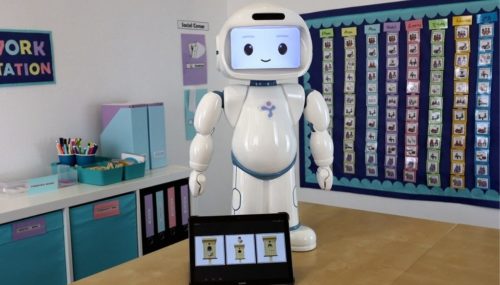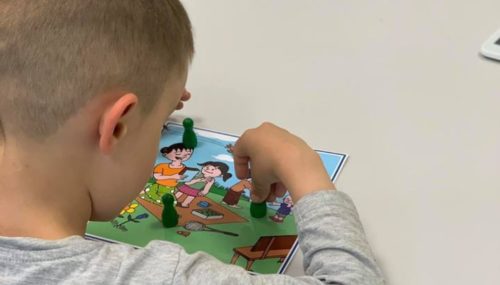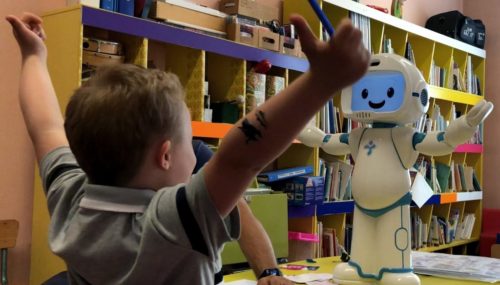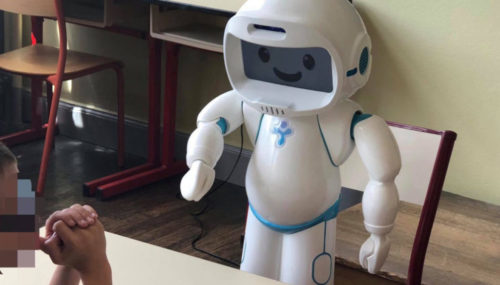The early years of a child’s life are crucial in development. The brain is constantly growing and changing, allowing new skills to be learned through contact with the child’s environment. […]
Early Stage Development
Teaching new vocabulary including spatial prepositions to children with autism requires structured activities. In this blog you can find some tips and step by step activities you can use to […]
Turn-taking is a skill that plays an important role in social success. Often children with autism struggle with the concept of taking turns and sharing toys, leading to difficulties when […]
Imitation is considered a fundamental skill for social development, since it allows children to learn rapidly and effectively by simply watching those around them. Many skills related to early childhood […]
Joint attention or shared attention is the shared focus of two individuals on an object. It is observed when one individual diverts the attention of the other to an object by […]
